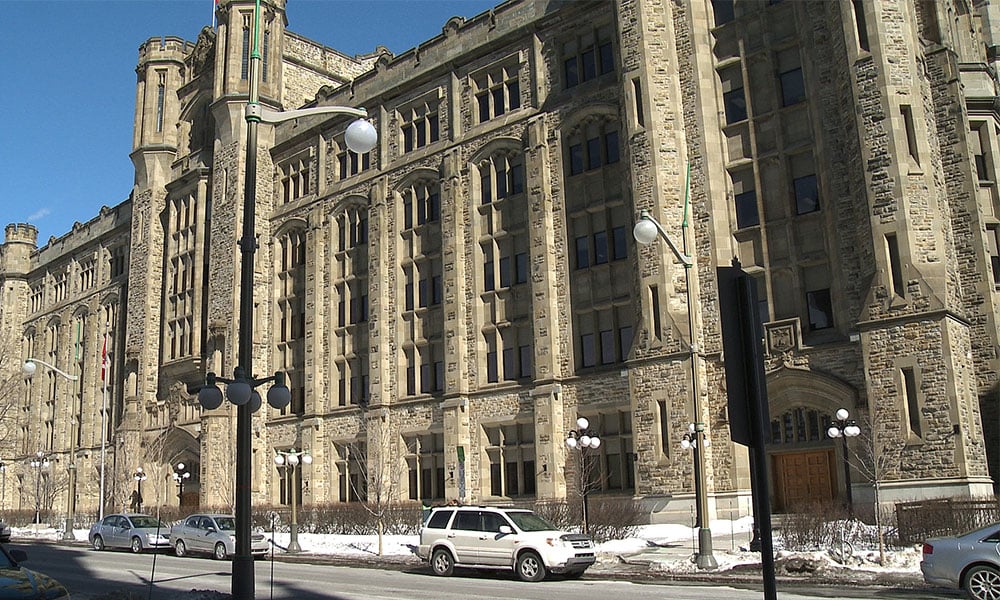
Lawyers have worked delays into their operations, report says

A watchdog is calling for clearer timelines from the Canada Revenue Agency, noting that filers — and their lawyers — are frustrated.
“The CRA is so negligent with delays that lawyers have worked it into the norms of the advice they give and how they operate,” said a public comment cited by the Taxpayers’ Ombudsman in her Feb. 21 report, titled “Sub-standard.”
The ombudsman found a gap between the CRA’s interpretation of a delay and individual filers’ experience or view of what is a delay.
“Filers have a common sense understanding of delay – if an individual has been waiting for several months for their assessment or reassessment after filing their return or adjustment request, particularly if they have received no indication from the CRA of the status of their assessment or reassessment, they will likely consider it to be delayed, and the processing time unreasonable,” said the report.
The CRA’s public standards aim for 95 per cent of digitally-filed returns and adjustment requests to be processed within two weeks from the date of receipt. For paper filings, the processing time is set at eight weeks in 95 per cent of cases. (Almost 90 per cent of Canadian taxpayers file their personal income taxes using electronic methods, according to the CRA).
These standards don’t, however, apply to returns for deceased persons, bankrupt persons, international and non-resident individuals, emigrants or returns for multiple tax years filed at the same time. Returns that require the CRA to reach out for more information also fall outside the published timelines, said the report.
Other requests that are “complex” or less “straightforward” include requests for a carry-back amount such as capital or non-capital losses or for the elected split-pension amount, but the nature of a “complex” request isn’t always apparent, the report added. The CRA estimates 23 per cent of all adjustment requests are identified as complex, according to the ombudsman’s findings.
“[I]t can take the CRA as much as four to five months from the date the adjustment request is received to assign the file to an officer in the complex workflow. No actual work on the file is completed during this time,” the report said, noting the particular delays in adjustments from the peak period of April to August. “Because there is no service standard associated with processing complex adjustment requests, the CRA does not report this as a delay.”
The report makes 15 recommendations for the tax agency to improve the process of setting expectations for timelines, including that the agency keep better data and analytics about processing to identify sources of delays. The ombudsman also urged the agency to provide more transparency, noting that people are often not notified of their filings’ “complex” status. For example, although call center agents are able to view the location and status of a return or adjustment request and can provide this information upon request, call center scripts “ensure the CRA agent does not commit to a specific timeframe and instead shares the key message that the CRA is ‘working on it.’”
Just because the CRA meets its service standards for the majority, it accepts not meeting them for the minority, the ombudsman concluded.
“It is imperative the CRA understand the impacts on vulnerable persons,” the report said. “For example, through our outreach to Indigenous persons and community support organizations serving Indigenous persons, we heard that when filing returns and claiming the various available benefits and credits, Indigenous peoples routinely experience delays in the processing of their returns, especially when reporting tax-exempt income.”
The CRA told the ombudsman’s office it is working on a progress tracker for status updates.
When the minister of national revenue launched the 2020 tax filing season this week, the ministry announced other tools to make the process easier, including a chatbot, “Charlie,” a “proceed to pay” button online, and providing estimated phone wait times.
“Our government is committed to modernizing the CRA and making sure it provides people-first service to Canadians,” Diane Lebouthillier said.